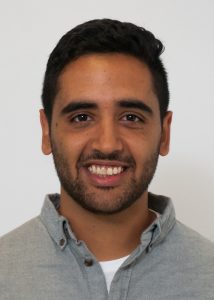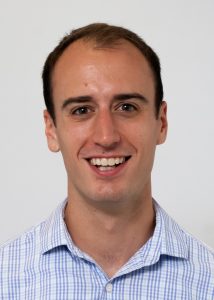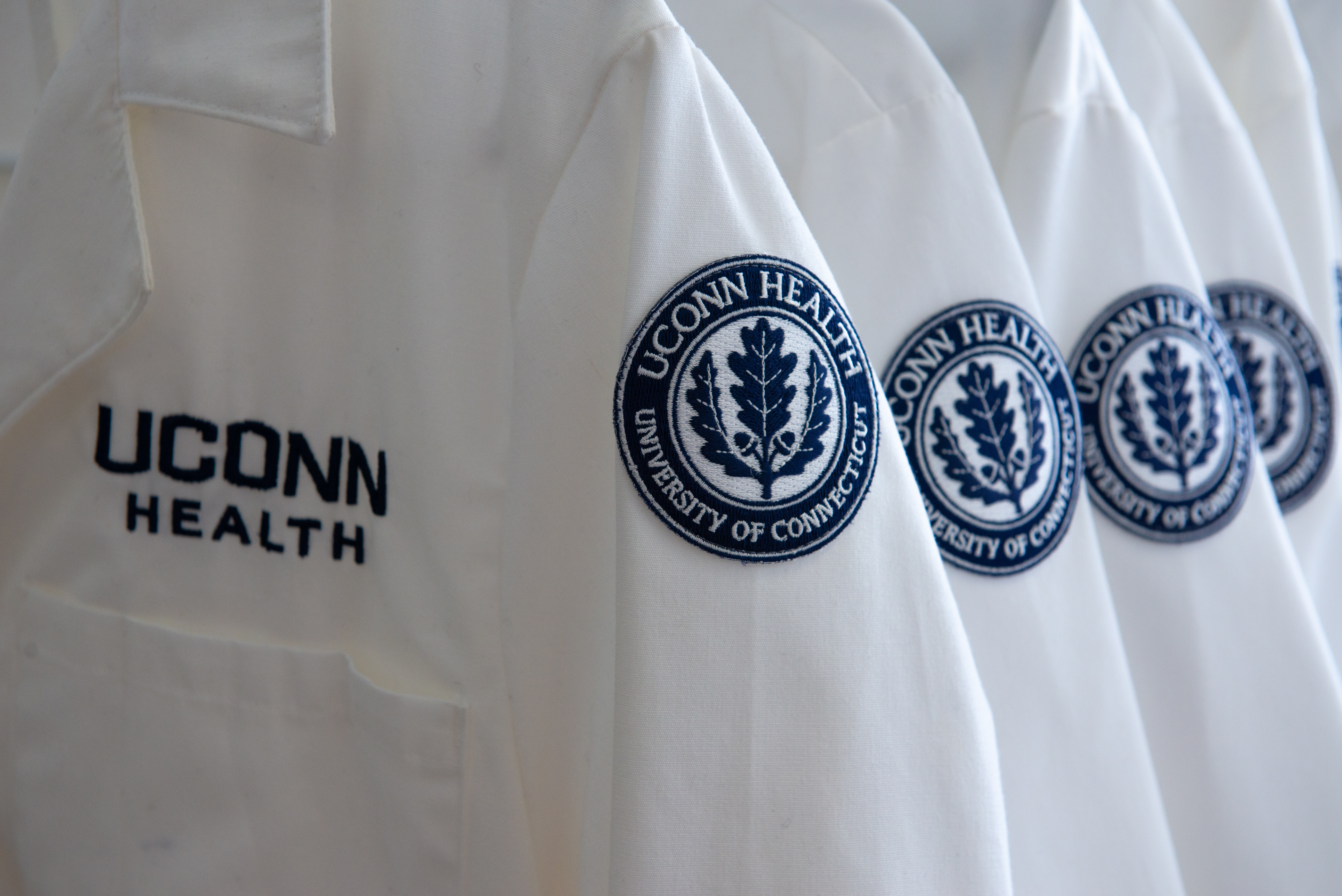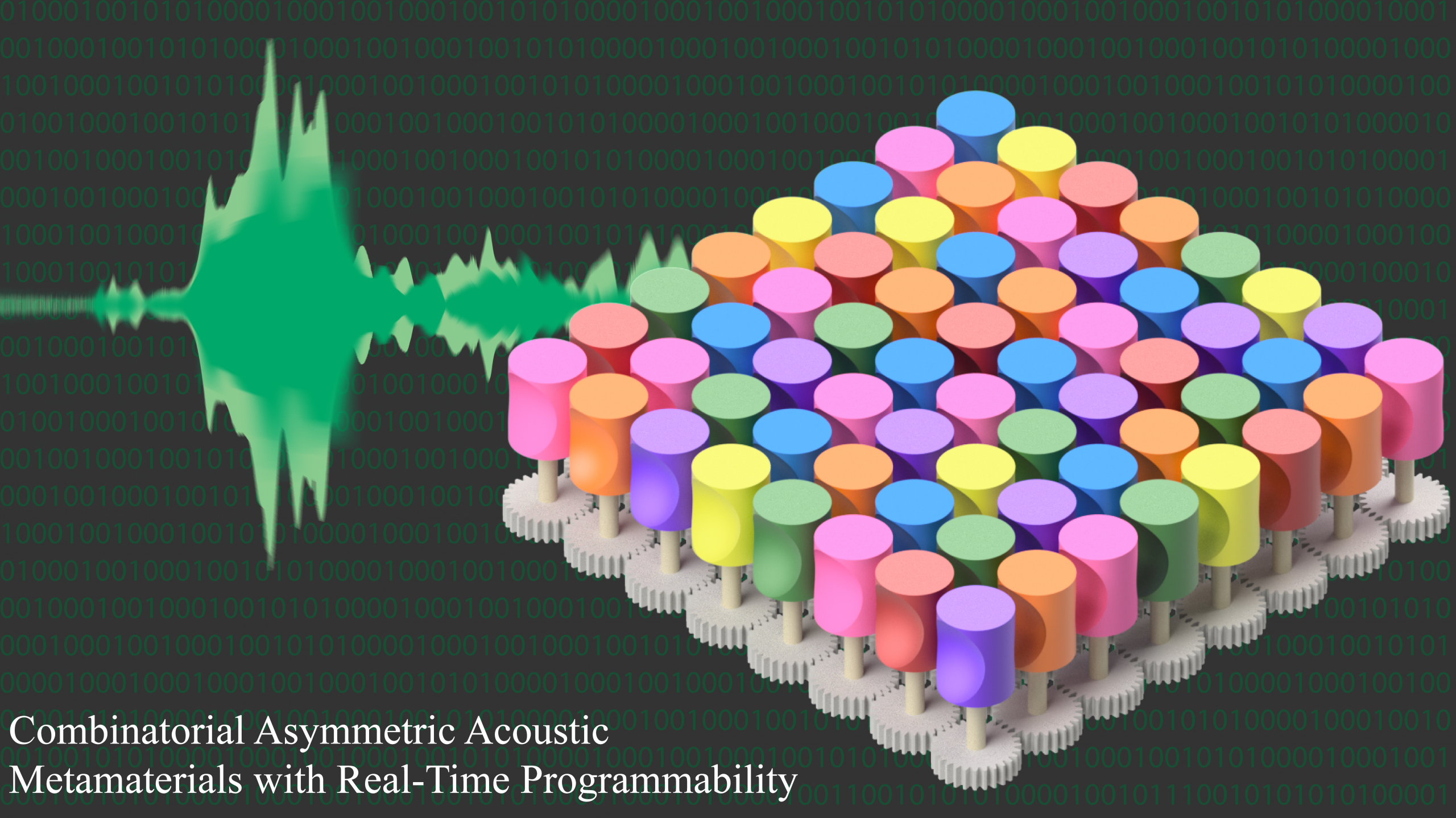The Connecticut Area Health Education Center (AHEC) Network, based at UConn Health, works throughout Connecticut to improve access to basic health care by linking local community groups with the resources of UConn Health and other health professions training programs. During the COVID-19 pandemic, UConn medical students have stepped into action and volunteered through AHEC to help those affected through the COVID-19 Self Quarantine Surveillance Program.
UConn School of Medicine third and fourth-year medical students call patients of concern, recently diagnosed with COVID-19 but thought not to be severe enough to be hospitalized, to assist them while they are quarantining at home. The students review patient charts and make calls on behalf of UConn Health where they assess symptoms for severity, refer patients to their medical practitioner or 911 as appropriate. The calls act as a way to connect those who are ill with the vital information that they need to help them through this difficult time. The medical students connect patients with CDC guidance for isolation, cleaning, and other areas the patient is concerned about.
The students volunteer for this program and can be putting in anywhere from 2-3 hours a day in reviewing charts, calling patients, and following up with the patient’s PCP. This all taking place as they are studying for and taking their final exams for the year.
“By definition, healthcare providers are altruistic and caring,” said Bruce Gould, director of CT AHEC, Associate Dean for Primary Care, University of CT School of Medicine, and medical director for the City of Hartford’s Department of Health and Human Services (DHHS). “Utilizing UConn medical and other health professions students to support those self-isolating for COVID-19 symptoms or exposure, assuring their health and access to basic needs, is an extension of that altruism and caring. They are glad to help.”

Ghali Lemtiri-Chlieh, a rising 4th-year medical student and a team leader for the program, was a beta tester prior to the launch, helping to drive the effort into action and make it as user friendly as possible. He was involved in the training of his team and is now also making calls as part of the program.
“We are going into this field because we want to be healers and helpers. This program allows us to make a meaningful impact since we are not currently doing our rounds in the hospital, we can still help and do our part,” says Lemtiri-Chlieh.
Rising 4th-year medical student Christian Gronbeck explained that many of the patients he spoke to had varying symptoms and the most concerning was chest and lung pain that is difficult to assess over the phone. The most consistent symptoms he encountered were the fever that came in waves, chest/back pain, and dizziness. He found it went through whole families at a time which is why self-isolation is an important component to stop the spread of the virus.
Both Gronbeck and Lemtiri-Chlieh said the patients they spoke to range from 35-70 with varying degrees of severity and both agree the most common question they received was, “when can I go back to work.”
The second component of the call includes a basic needs gap assessment performed to assure patients have access to food, water, shelter, electricity, and their medications. Students also assess the patient’s mental/emotional state and their risk for domestic violence. Students assist patents in addressing identified gaps using 211 and geographic area-specific resources list. All acute or worrisome issues or complex basic needs gaps are referred to the Nurse Call Center. Volunteer physician faculty preceptors are available by phone for oversight and questions.
Patients, with their consent, are called daily until symptoms of COVID-19 resolve. Currently there have been about 200 patients that have been contacted and supported by this service with some being contacted multiple times.

In addition to providing the service to UConn Health patients, UConn medical students, in coordination with CT AHEC, provide similar outreach to households with individuals who have test positive or symptoms suspicious for COVID, as part of the City of Hartford’s Department of Health and Human Services Contact Tracing and Surveillance Program. These include households of patients contacting Emergency Medical Services (EMS) or transported by EMS for symptoms consistent with COVID-19 or who have tested positive for the virus.
“This was a good opportunity to stay involved in the community and the UConn Health community as well as a great experience to learn what people are going through as they deal with this virus. It has taught me a lot,” says Gronbeck.
The goal of the outreach will be to educate households on how to minimize the spread of coronavirus and isolate sick individuals effectively. Medical students will also be able to follow up on the health and safety and status of those in the household and refer them to services like 211 and 311 if there are other unmet needs in the household.
COVID-19 Self-Quarantine Surveillance Program provides a service to UConn Health patients and the community and most patients are surprised when they receive a call from a UConn School of Medicine student checking in on them and answering their questions.
“Most are ambivalent at first, but I’m able to earn their trust right away, they are happy to hear from us,” says Gronbeck. “There is so much uncertainty to this virus and it gives patients comfort to have someone in the medical system to talk to and answer their questions.”
Lemtiri-Chlieh is grateful to the CT AHEC administration for putting this program together. “The importance of the CT AHEC administration cannot be understated. They have provided support and resources and communicate with us daily,” he says. “This program wouldn’t exist without them.”



